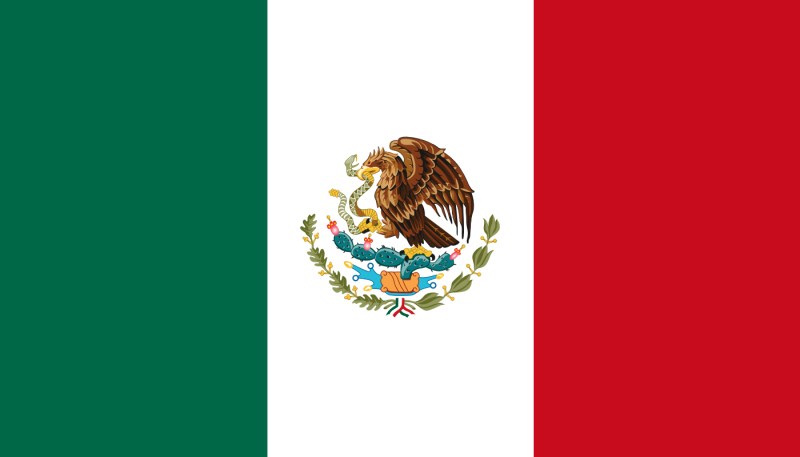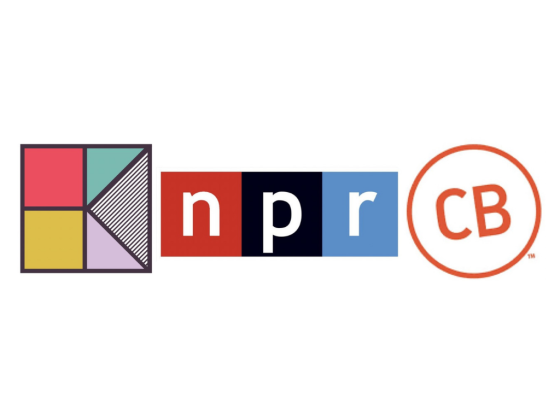
The rise of intentionally inaccurate reporting has made headlines in the United States, but one Mexico City-based reporter says it’s nothing new in her country.
Verification programs there are struggling to keep up, Global Press reporter Mayela Sanchez told an ONA18 panel onThursday.
Misinformation has become so prevalent in Mexico that large digital companies outside of Mexico partnered to create a fact-checking organization.
Facebook, Google and AJ+ Espanol funded Mexico’s first independent fact-checking organization, Verificado 2018, in March. The organization aimed to push back against false claims during the Mexican election in July, similar to Electionland from ProPublica.
The organization has been involved in debunking hundreds of Facebook posts, and for each one, it writes an article disproving the story, according to The Verge.
Sanchez says Mexico’s national news media mainly consists of two television networks and a handful of newspapers, all funded by the government. The only stories to get published represented the government in a positive light, she said, while politicians often pay off journalists to write positive stories.
Politicians even contract public relations agencies that specialize in manipulating content on social media. They are paid in cash to create fake social media profiles to promote politicians or be critical of opposition parties, according to The New York Times. The reason this works is that the employees are given quick cash, and they are often from a low-wage labor pool.
A prime example of the spread of disinformation outside the U.S., is during the Mexican elections in July 2018.
While Andrés Manuel López Obrador was running for president of Mexico, he denied having any formal ties to Venezuela. But journalist Jorge Roberto Avilés shared a video from a Venezuelan station called Venezolana de Televisión (VTV) that went viral after demonstrating a connection between Obrador and Venezuelan president Nicolás Maduro.
However, the logos weren’t from VTV, and the timestamps read 7:58 p.m., a slot when VTV doesn’t broadcast news, according to The Verge.
The Verificado 18 team reached out to experts and Venezuelan journalists to help fact-check it, and published a video declaring it as false. Avilés has since then removed the video.

Whatsapp is a popular source of passing along news in Mexico, and chain messages with viral inaccurate news stories have a way of infiltrating the personal space of civilians.
“The information that comes from Whatsapp is not at the same level as that comes from the newspaper or television,” said Sanchez.
“The other problem is that information that comes from Whatsapp groups comes from people close to you so you trust that information.”
In the United States, Facebook and Twitter have been taking steps in reducing disinformation since Trump’s election.
However, Twitter will only take down an account that meets the exact requirements that make an account eligible for removal, and Facebook’s artificial intelligence systems that sends articles to fact-checking organizations, can be improved.
It’s not perfect. Facebook’s US program only reduces false news stories by 80 percent. but usually after three days of the story being published, by which most people have already seen them, according to Poynter.







You must be logged in to post a comment.